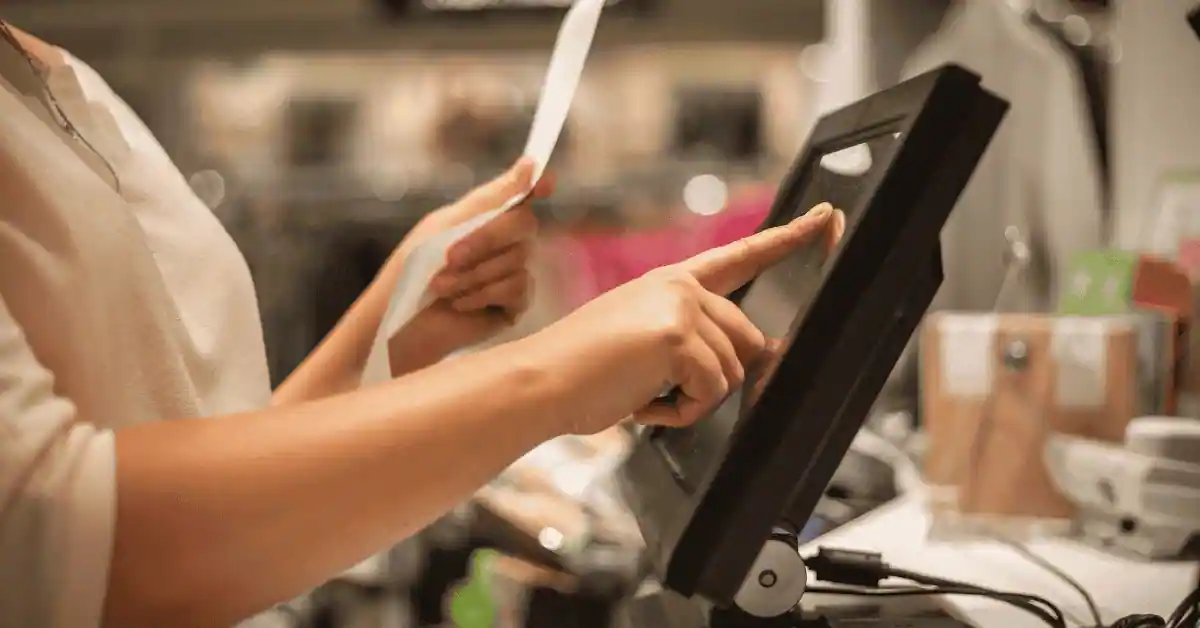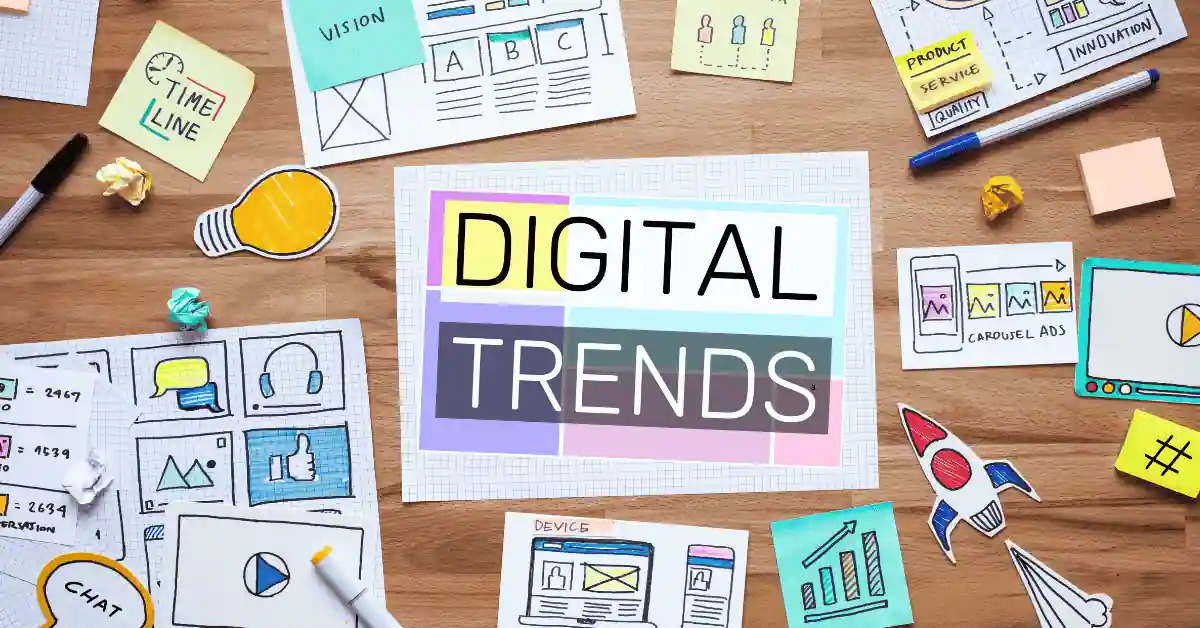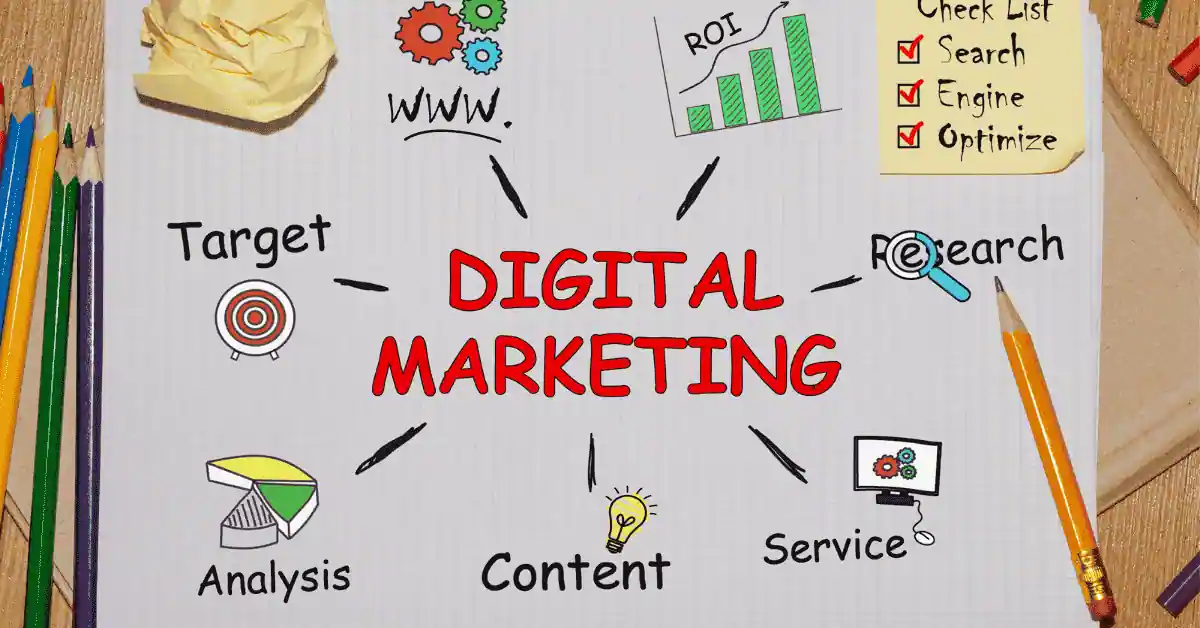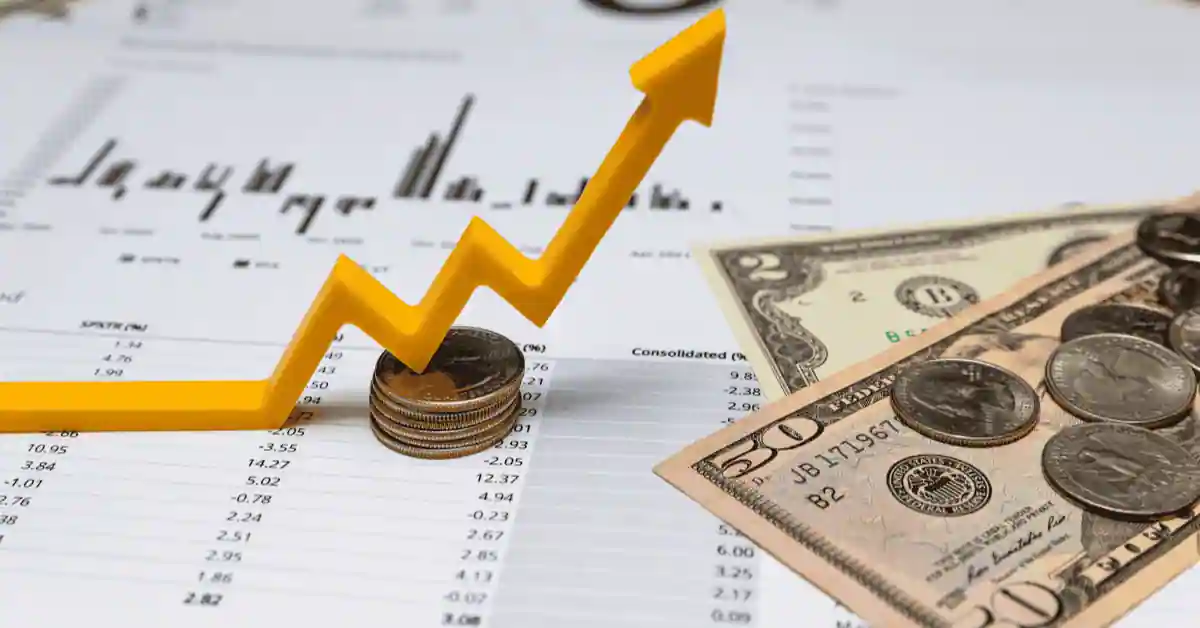In the fast-paced world of retail, as a small business owner, you will almost certainly need assistance handling transactions, inventory, and client relationships. A Point of Sale (POS) system is a critical tool that can bring these systems together for you, delivering numerous benefits to small business customers.
But POS systems are far more complex than they first appear. Their use has changed throughout time since they are now far more essential to managing a successful company. Come along with us today as we explore the ins and outs of point-of-sale systems.
In this article, we will explore why POS systems are significant, the numerous types of POS systems, and some of the common features and benefits associated with various sectors.
What is a Point of Sale (POS) System?
A point-of-sale (POS) system is a combination of computer hardware and software that enables businesses to sell goods or services. It will often include a cash drawer, a barcode scanner (which scans bar codes), a receipt printer (which creates sales receipts), and a card reader for swiping credit cards. Today’s POS systems have evolved from their humble beginnings as stand-alone cash registers to fully sophisticated business management solutions.
Countertop terminals and apps that let individuals or companies to accept payments via linked devices, like smartphones, are examples of point-of-sale technology. A point-of-sale (POS) can be a physical device at a physical store or a checkout point in an online store.
Point-of-sale (POS) systems are used by small businesses to safely and swiftly handle payments. However, POS systems can provide a number of other advantages. Let’s examine how small firms may effectively manage sales data, inventory, and customer interactions with POS systems.
POS System Components :
Hardware and software are the two main components of a typical point-of-sale system.
Software for Point of Sale
The primary element of any POS system is the POS software. It serves as your command center, carrying out all of your point-of-sale system’s features and operations, including processing payments and computing transaction accounts.
Of course, that is at the most fundamental level. Advanced features like inventory control and sales reporting are also handled by more reliable software programs.
Hardware for POS
Hardware is a point-of-sale system’s body, if software is its brain. It has physical components that let you print receipts, keep cash, and take actual payments from clients.
Typical POS hardware varieties include:
The main device that POS software operates on is the terminal. Although POS apps are typically used on PCs, they can also be used on smartphones and tablets. Additionally, some POS companies provide specialized hardware.
Card reader:
This commonplace gadget enables you to take contact-less payments like Google Pay and Apple Pay as well as card payments.
Cash drawer:
This is a common location for securely storing cash. In order to reduce fraud, cash drawers in modern point-of-sale systems are equipped with software that monitors how frequently the drawer is opened.
Printer for receipts:
You need to print receipts before you can give them to clients. Here, a receipt printer is useful because it prints receipts automatically after a transaction is completed.
Retail POS systems usually come with barcode scanners, which let cashiers scan items and have the system automatically include them in the transaction.
It is crucial to remember that a point-of-sale system does not necessarily require POS hardware. All you need if you have an online store is software to manage the checkout procedure.
To collect payments from customers, you will require hardware if you own a physical restaurant, bar, or store. However, the sort of POS hardware you want will vary depending on your company’s needs.
Why Does A Small Business Need POS System
There are many small business struggles, from keeping track of inventory or providing great customer service. We can solve these issues through a POS System:
- Faster Transactions: Faster processing of sales transactions means higher customer satisfaction and faster time a customer has to wait.
- Inventory Control: Real time inventory levels tracking prevent stock outs and overstocks that spoil help ensuring optimal availability of our key products.
- Sales Reporting: Get to see what the business is doing, in above all else owners should utilise said reports.
- Customer Relationship Management: most POS systems, store customer data which will support personalized marketing and loyalty programs.
Different types of POS Systems
POS is divided into numerous categories of POS systems, each of which serves a distinct sort of business.
- Retail POS Systems: Restaurants and retail establishments typically employ in-store point-of-sale (POS) systems, sometimes referred to as on-premise or legacy POS systems. In addition to the several kinds of POS hardware we mentioned previously, like a receipt printer, barcode scanner, card reader, etc., it usually comprises of a PC that serves as the command center.These systems are specifically intended for the retail industry to manage inventory, sales processing, and customer data efficiently.
- Restaurant POS Systems: Customers can essentially place orders and make their own payments with these self-service solutions. The primary users of kiosk point-of-sale (POS) systems are supermarkets, fast-food chains, and even retail establishments looking to improve customer service.These are designed for the food and beverage business; they contain capabilities like table management, order tracking, and KDS (Kitchen Data Systems) connectivity.
- Mobile POS System –are ideal for companies like food trucks or market vendors who appreciate mobility and flexibility. Without having to buy expensive POS gear, you can process payments on the go using mPOS systems, which are simple to use on smartphones and tablets.
- Internet POS: These are available from any internet-connected device and store data on the cloud. They are ideal for e-commerce companies and multi-location retail chains because they don’t require any kind of physical point-of-sale hardware. These provide flexibility and the ability to access data from anywhere in the globe, which is ideal for organizations with many locations.
Key Features of POS Systems for Small Businesses
When choosing a POS system, small businesses should think about the following crucial features:
1. User-Friendly Interface: A simple interface shortens training time and lowers transaction mistakes.
2. Integration Capabilities: The ability to link with other business tools, such as accounting software and e-commerce platforms, is essential.
3. Security Features: Protecting consumer data is critical; seek for systems that have strong security features.
4. Scalability: As your business expands, your POS system should be able to handle more transactions and offer new features.
POS System Advantages
There are several advantages to installing a POS system:
1. Increased Productivity: Automation allows employees to be more efficient at their employment by taking over tedious duties and allowing them to focus on the key aspects of their work, such as customer service.
2. Correct Reporting- The same real-time data collection will now be used to create the perfect sales report and inventory management.
3. Customer Experience: Faster checkout times and personalized treatment will result in higher overall customer satisfaction.
4. Advantages: Error-free execution and improved inventory management save the day while lowering expenses for industry.
Industry-specific POS systems
POS in several industries:
Retailers value inventory management, sales tracking, and customer loyalty capabilities in their POS system.
Restaurant or cafe: Help with table management, menu customization, and kitchen communication.
POS system elements to consider while shopping
Choose a POS system for your small business.
1. Business Focus: Determine what you actually need depending on your industry and business type.
2. Budget: Determine how much you are willing to pay and which solutions will provide the best value for your money.
3. Assistance: There should be help available, and problems should be resolved as soon as possible.
4. Vendor: Read vendor ratings and testimonials to choose who offers 20 percent off their products.
Why Uexel?
Uexel company offers the UxlPos System, which is ideal for businesses with additional meat and bone. Built for small businesses. UxlPos is included as standard in existing operations and can be expanded to meet growing needs.
To summarize, in a competent POS system, a capable Small Business POS may help increase productivity and profitability. Knowing what you need and looking at possibilities can help you choose a solution that meets both your present needs and potential growth pains.
Whether you work in retail or hospitality, employing a POS system is an important element of running a business and keeping customers satisfied.
You may simplify daily tasks and obtain useful data that can help you make better decisions by selecting a point-of-sale system that is customized to your company’s unique requirements.
The benefits of a point-of-sale system are difficult to overlook, whether they are related to improving customer service, controlling inventory, or monitoring employee performance.
It’s also critical to understand that point-of-sale (POS) systems are available in a variety of sizes and shapes, including self-service kiosks, cloud-based solutions, mobile devices, and classic installations, all of which are tailored to meet the unique requirements of different businesses.
Point-of-sale (POS) systems are evolving along with technology, giving businesses greater flexibility and efficiency than ever before.






